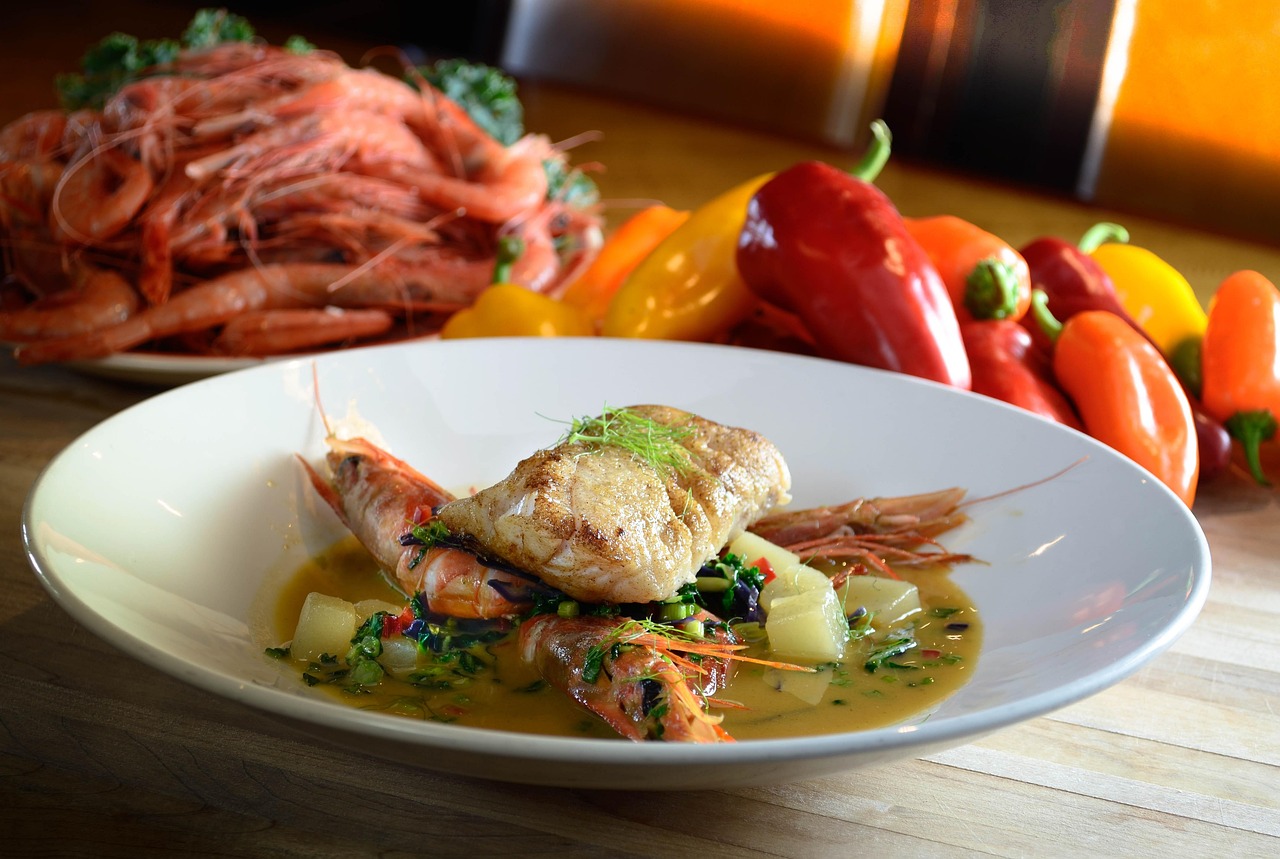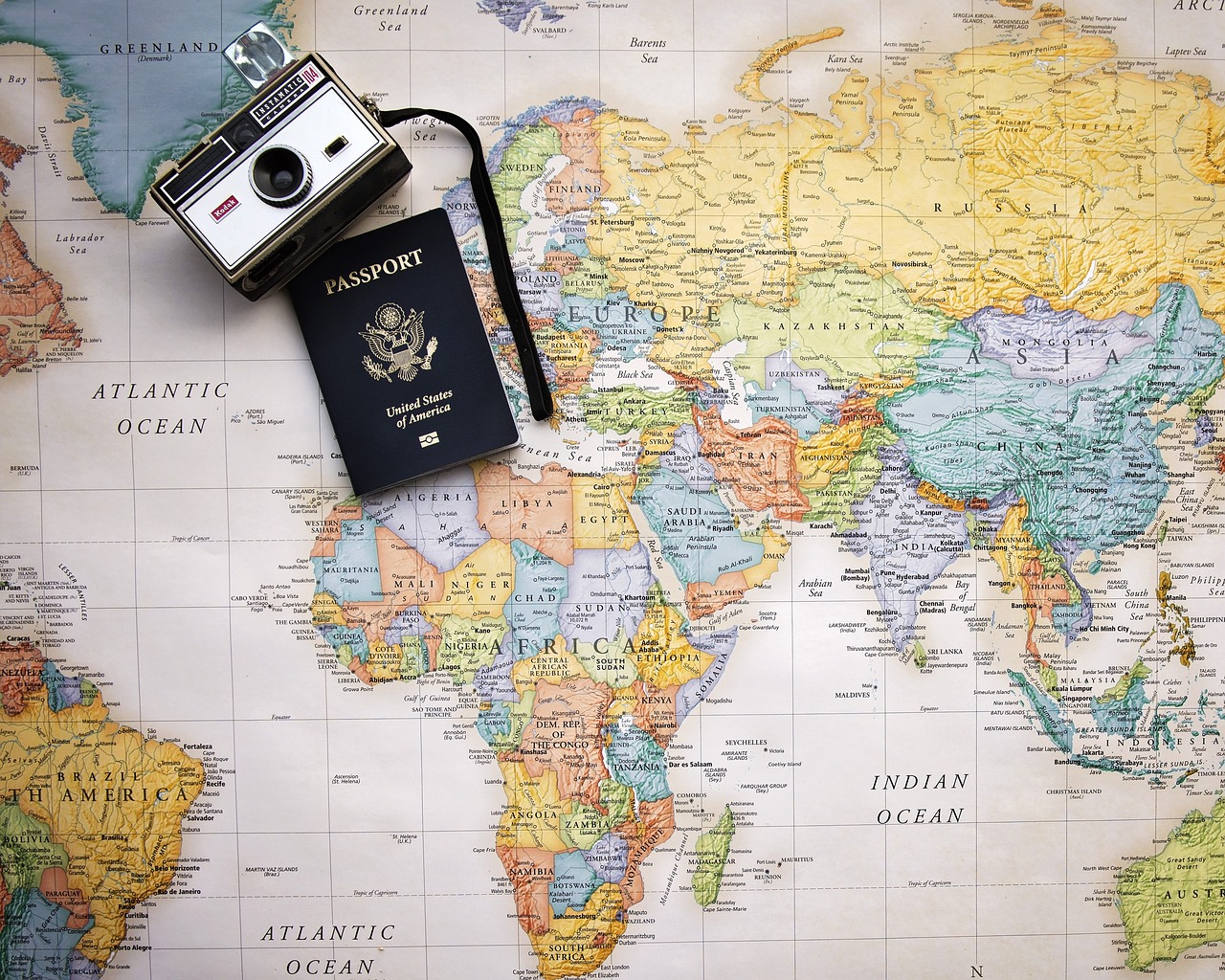Travel
Traveling with Food Allergies: A Guide to Safe Trips and Vacation Planning
5 min read
124 views

1. Plan Ahead: Research Destinations and Accommodation
Before booking your trip, research the destination and accommodations thoroughly to understand what food options are available and whether they cater to food allergies.What to Do: Plan Your Destination and Accommodations
- Look for hotels or vacation rentals with kitchens so you can prepare your own meals.
- When booking accommodations, check reviews and contact the property directly to confirm their allergy-friendly practices, such as proper food handling and storage.
- Search for allergy-friendly hotels or resorts that may have specific protocols for handling food allergies.
- If you're traveling abroad, research common allergens in the country and understand what foods may contain allergens you're avoiding.
2. Create an Allergy Kit for Travel
An allergy kit is essential for anyone with food allergies. This should include your necessary medications, such as antihistamines, an epinephrine injector (if prescribed), and any other allergy-specific medications.What to Include in Your Allergy Kit
- At least two epinephrine auto-injectors (if prescribed).
- Your specific allergy medications (e.g., antihistamines, inhalers, corticosteroids).
- Allergen-free snacks for emergency situations.
- Travel-sized cleaning supplies (wipes, hand sanitizers) to clean surfaces and avoid cross-contamination.
- Allergy identification cards that specify your allergies in the local language (especially for international travel).
- A list of emergency contacts and medical professionals, along with their contact information.
3. Communicate Your Allergies to Airlines and Restaurants
Air travel and dining out can be tricky, so communication is key. Whether you're flying to your destination or dining in unfamiliar restaurants, make sure to clearly explain your allergies to the staff.Tips for Communicating Your Allergies
- Inform the airline about your allergies when booking your flight and again at check-in. Some airlines may accommodate allergy-friendly meals, or provide extra precautions, such as peanut-free flights.
- When dining out, always notify the restaurant about your allergies as soon as you arrive. Ask about ingredients, preparation methods, and whether cross-contamination is a risk.
- Consider carrying a written note or allergy card in the local language for international travel to help convey your dietary restrictions.
- Always carry your own safe snacks, in case restaurant options are limited or there is a risk of contamination.
4. Be Mindful of Cross-Contamination
Cross-contamination is a serious concern for people with food allergies. Even trace amounts of an allergen can cause a reaction, so being vigilant about avoiding cross-contact is crucial.How to Avoid Cross-Contamination
- When dining out, ask the restaurant staff about their procedures to prevent cross-contamination in the kitchen.
- If you're cooking your own meals, use separate utensils, cookware, and cutting boards for allergen-free foods.
- When traveling, clean your accommodations thoroughly, including kitchen surfaces and utensils, before using them to prepare food.
- If you're traveling by car, be cautious when packing food in coolers, ensuring that allergen-free foods are clearly separated from others.
5. Consider Alternative Foods and Be Prepared for Local Cuisine
When traveling, especially internationally, it's important to understand that food preparation and ingredients may vary. Familiarize yourself with common dishes, ingredients, and foods that may contain allergens.What to Do: Stay Prepared for Local Cuisine
- Learn the names of your allergens in the local language. You can also use translation apps or allergy translation cards to help communicate more effectively.
- Be prepared with allergy-friendly food options, like snacks or pre-packed meals, in case local food options aren’t safe.
- For international travel, research potential allergens in local dishes and dining customs to better understand what might trigger an allergic reaction.
- Consider contacting local allergy support groups or resources for advice on dining options in the area.
6. Stay Calm and Prepared for Emergencies
No matter how careful you are, accidents can still happen. It's essential to stay calm and be ready to respond quickly if an allergic reaction occurs.How to Prepare for Emergencies
- Know the nearest hospital or emergency medical facility in the area.
- Always carry an epinephrine injector and be ready to use it if a reaction occurs.
- If you're traveling with others, ensure they know how to use your epinephrine auto-injector and understand the signs of an allergic reaction.
- If you're abroad, learn how to access emergency medical services and how to describe your allergies in the local language.
Conclusion
Traveling with food allergies can be a challenge, but with proper planning and preparation, you can minimize risks and enjoy your trip safely. Remember to research your destination, communicate clearly with airlines and restaurants, and pack an allergy kit with all the necessary items. By being proactive and staying vigilant, you can have a memorable and safe vacation, no matter where you go.Remember: Safety first! Always prioritize your health by planning ahead, communicating effectively, and being prepared for any situation that may arise during your travels.
Safe travels, and enjoy your allergy-free adventures!


